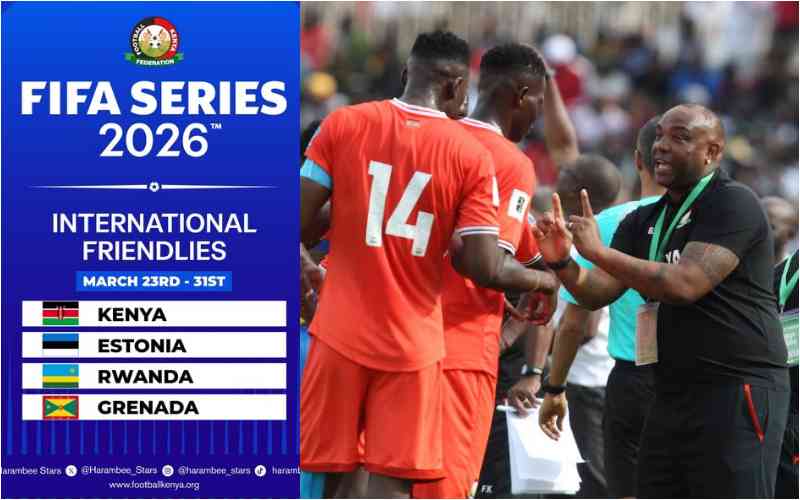×
The Standard e-Paper
Home To Bold Columnists

Audio By Vocalize

It is noteworthy to see the seed sowed by our liberators in 1967 as East African Community (EAC) grow to a vivacious economic bloc. However, there is a missing link between the political elite and the masses when it comes to matters of East African Community and the imminent future full federation.

